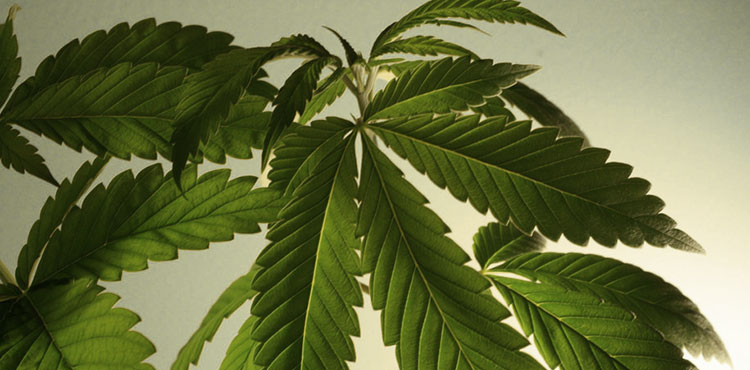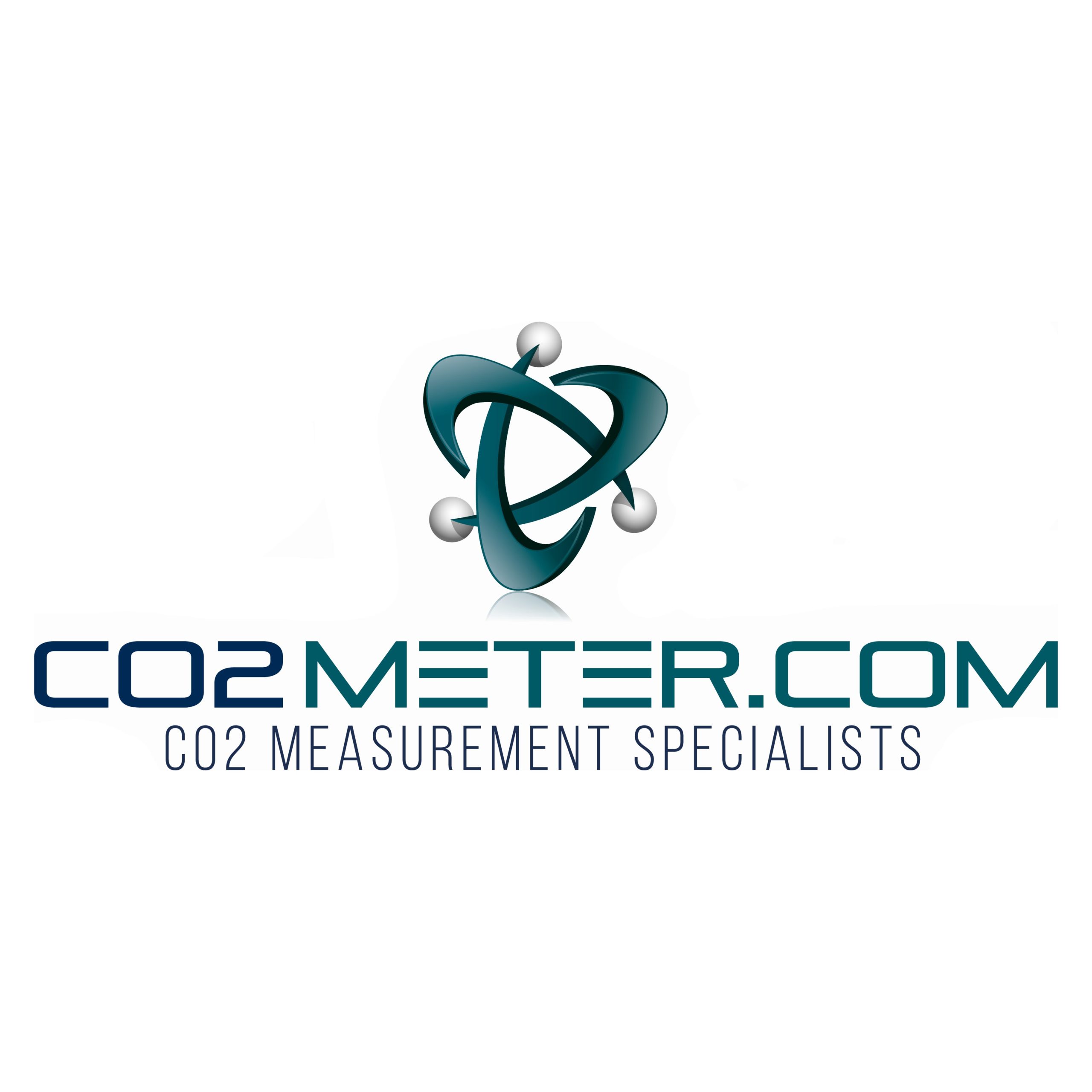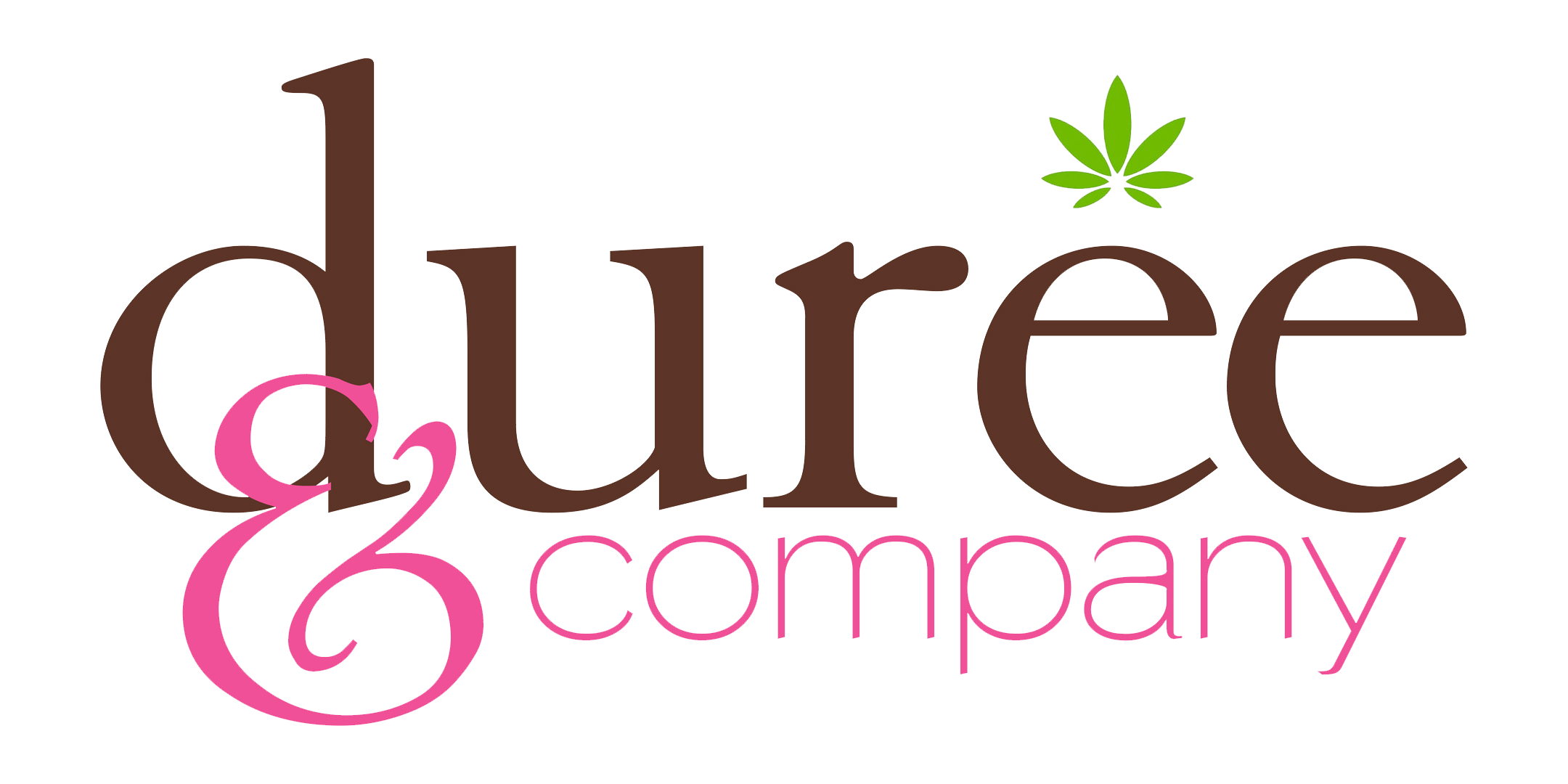A new rule published by the DEA today led many in the cannabis industry to assume the worst – that the agency had decided to crack down on hemp-derived CBD.
Take a deep breath. This is likely not the case.
What the rule actually does is create a new Administration Controlled Substances Code Number for cannabis extracts – concentrates such as shatter, wax or rosin. This is an administrative measure, not an enforcement action; and while an initial reading of the publication might make it seem like an attack on hemp-derived CBD, the rule mentions neither “hemp” nor “CBD” in either the proposed or final rule.
Eric Steenstra, executive director of the Hemp Industries Association, indicated that although his legal team is reviewing the document, “this isn’t how [the DEA] goes about scheduling a substance.”
“If you look at it, it’s all about marijuana extracts and my take on it is that they probably have come across a lot more extracts over the last few years…and they keep track of this stuff,” he explained in an interview with Ganjapreneur. “This is a tracking thing.”
The DEA has codes for everything on the schedule list and, until this rule, the agency was classifying all cannabis products – flower, concentrates, edibles – under one code. The new rule provides a new code – 7350 – for the classification of cannabis extracts.
Steenstra says that a lot of the “hubbub” over this rule is due to the DEA’s response to a question about whether the code applies to CBD. That answer just repeats the opinion of the DEA that CBD derived from a plant containing more than 0.3 percent THC is a controlled substance. However, Steenstra says that most of the hemp grown in the U.S. is produced under Section 7606 of the Farm Bill, which explicitly draws a distinction between marijuana and hemp.
“I don’t think this is a huge change in the law or anything like that,” he said. “I’m not so sure it’s as big a deal as it’s been made out to be.”
Joy Beckerman, an activist and civil litigation paralegal, says that the DEA considers all CBD products, regardless of the THC content of its source, Schedule 1 substances and points to DEA Form 225 as evidence. On page three of that registration form cannabidiol is listed – a change made in April, 2012, long before the either the rule proposal or finalization.
“The DEA has always – has never not – considered cannabidiol to be a Schedule One drug,” she explained. “This is not shocking, I knew this was coming. Now that the DEA has finalized this July 5, 2011 proposed rule, we have lost an available argument, whereas we’ve been able to say until December 7, 2016 that the rule had never been adopted or finalized.”
According to the “Regulatory Flexibility Act” section of the publication, in which the DEA would have to explain the economic impacts of the new rule, the agency determines that “it will not have a significant economic impact on a substantial number of small entities.” If the rule were to, in some way, outlaw hemp-derived CBD production, the business entities impacted would need to be divulged in this section – and there would clearly be an economic impact in every state with medical cannabis laws, not to mention for every industrial hemp producer in the U.S.
Basically, CBD oil derived from plants that contain higher than 0.3 percent not grown under Section 7606 will be tracked and classified by the DEA using the same code as concentrates that are high in THC. Researchers who are studying, or planning to study, CBD will have to use this new code if their product is derived from a plant that contains more THC than allowed under the Farm Bill.
According to Alli Cloyd, assistant director of the National Hemp Association, the organization is doing its diligence by looking over the publication with counsel, but said in an email that they aren’t “too worried…considering the federal definition of marijuana makes CBD legal.”
Cloyd said the NHA has been in contact with counsel from Kentucky Sen. Mitch McConnell’s office – a powerful ally to the hemp industry – who indicated that the Republican would “be calling the DEA this week to get their official opinion on its impact.”
In 2001, the DEA clarified its rules, explicitly permitting the use of hemp-derived products that do not cause THC to enter the body. The FDA considers CBD derived from industrial hemp to be a dietary supplement.
Beckerman says the CBD industry should consider suing the DEA over the rule “to really hold their feet to the fire,” saying that the only reason the DEA hasn’t come after CBD companies is because “it would cost them a bazillion dollars in legal arguments.”
“It’s defensible. Is it legal? Of course not,” she argues. “There are so many layers to the legal arguments that they don’t want to get involved in them.”
Get daily cannabis business news updates. Subscribe
End



